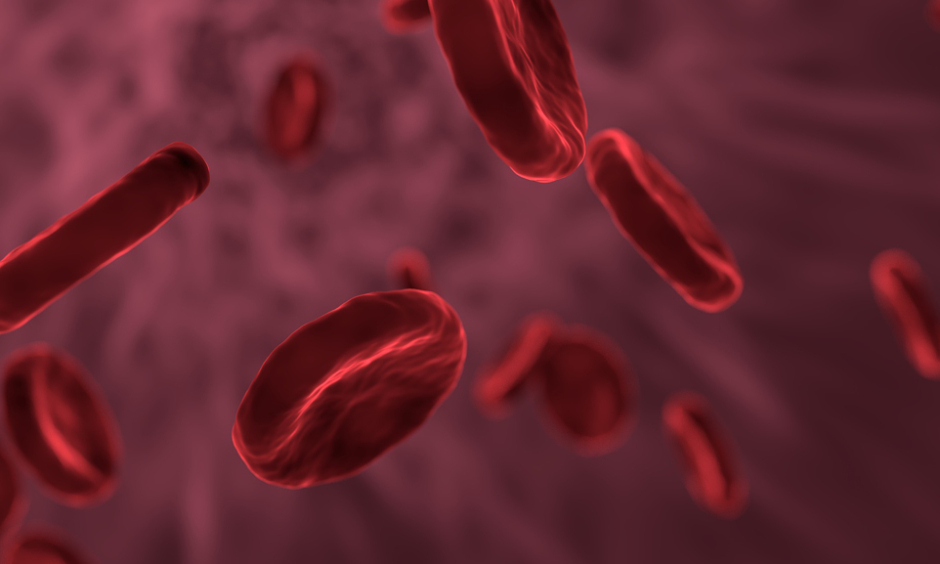NEW drug therapies could be routinely produced by bacterial cells that have been synthetically programmed, according to researchers from the universities of Warwick and Surrey, UK. In the study, a way of adding synthetic circuitry to cells was developed that engineers cells to perform a variety of functions, including drug creation, potentially opening up vast new possibilities for healthcare in the future.
Controlling Distribution of Ribosomes
The team found a method of efficiently controlling the distribution of ribosomes to both the synthetic circuit and the host cell. It is vital that enough ribosomes are provided for both for them to survive, multiply, and thrive as they build proteins that keep the cell alive and functional. Using a feedback control loop mechanism, a system through which ribosomes can be distributed dynamically was created. This method allows more or less ribosomes to be allocated to the synthetic circuit and host cell as and when necessary. Ultimately, this should enable cells to be enhanced and programmed for special functions, such as drug development, through the addition of synthetic circuitry.
Engineering Cells
“Synthetic biology is about making cells easier to engineer so that we can address many of the most important challenges facing us today, from manufacturing new drugs and therapies to finding new biofuels and materials. It’s been hugely exciting in this project to see an engineering idea, developed on a computer, being built in a lab and working inside a living cell,” said Prof Declan Bates, University of Warwick.
New Treatments
It is hoped that this breakthrough will lead to the development of novel antibiotics and other compounds to treat a variety of conditions. Additionally, the findings have increased understanding of cell biology and could provide the basis for engineering cells for other exciting uses in healthcare.
James Coker, Reporter
For the source and further information about the study, click here.








